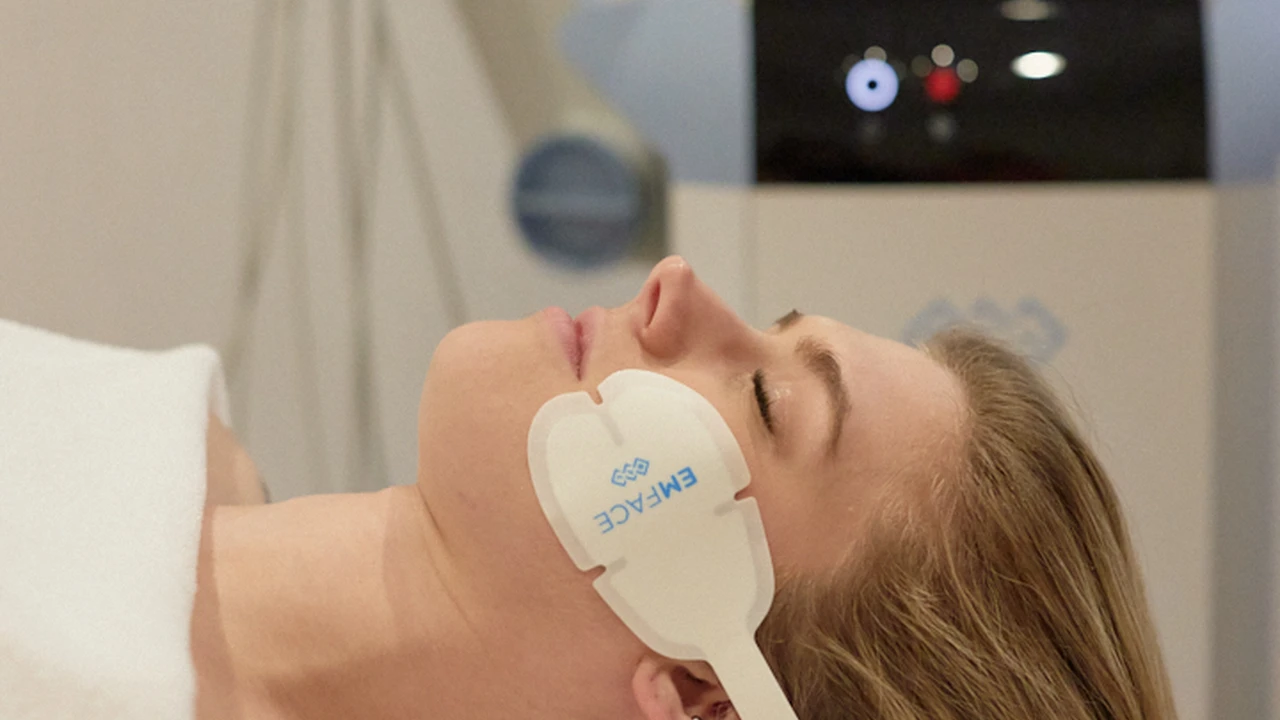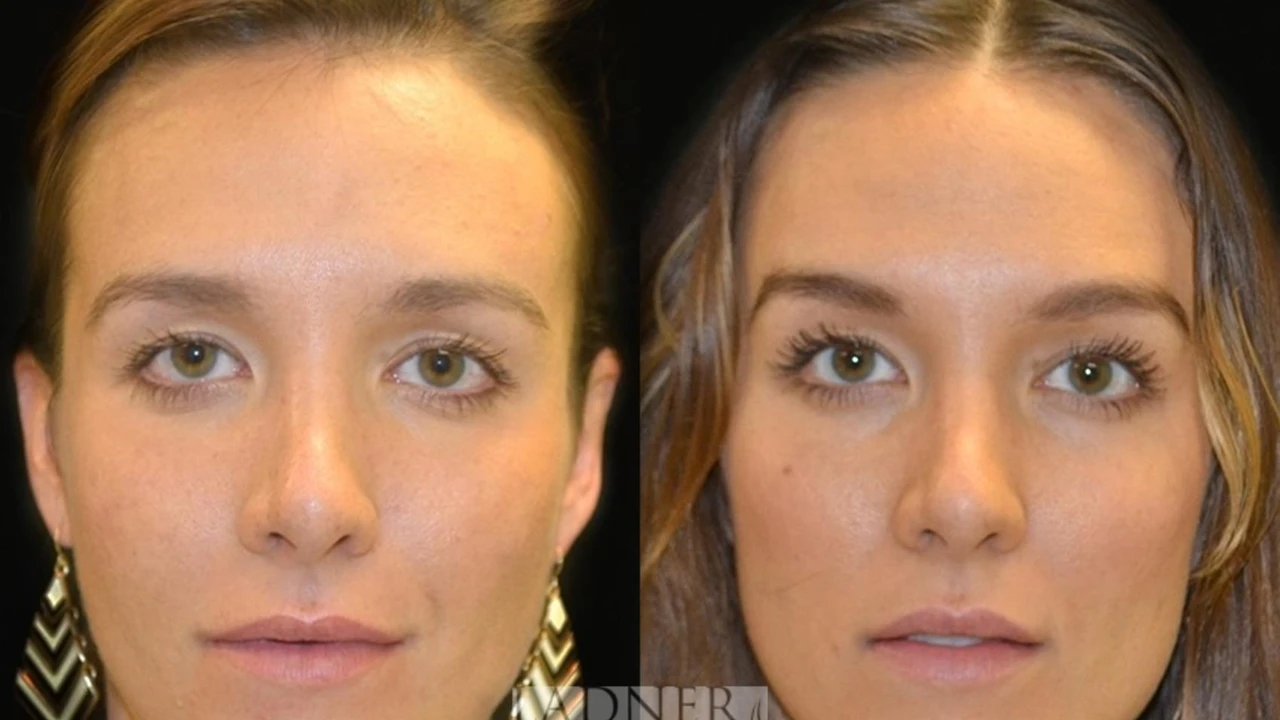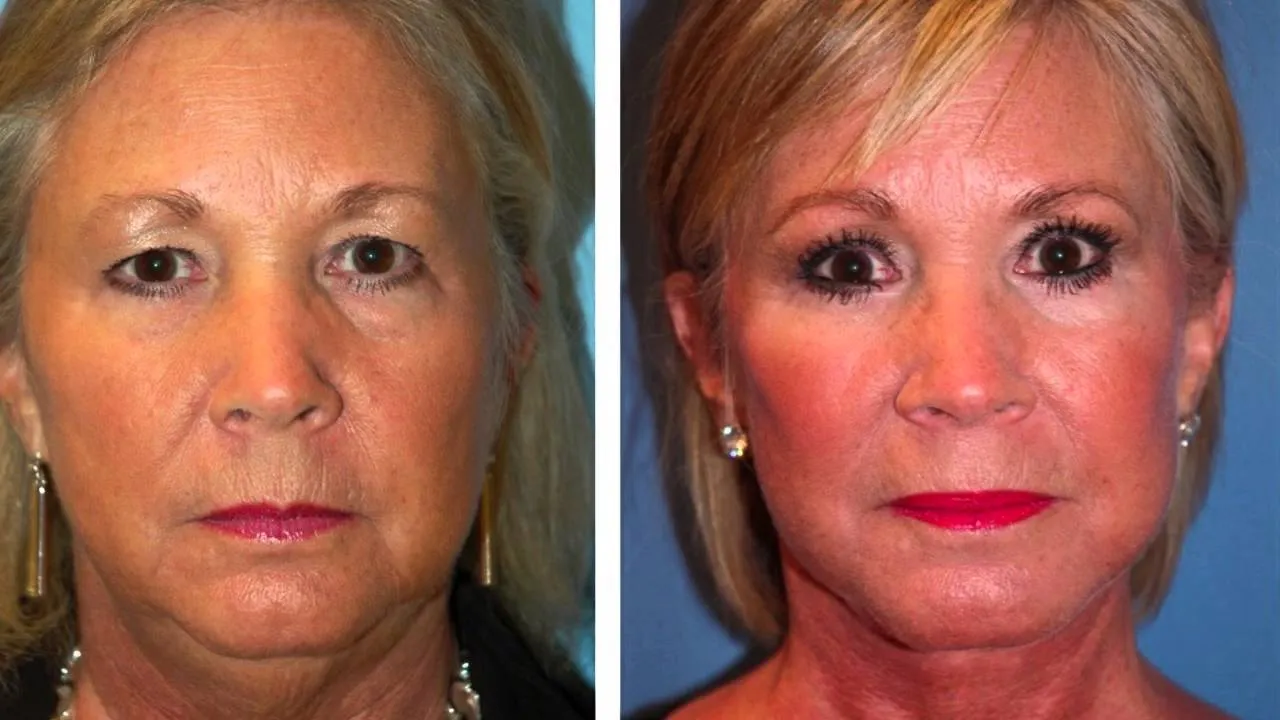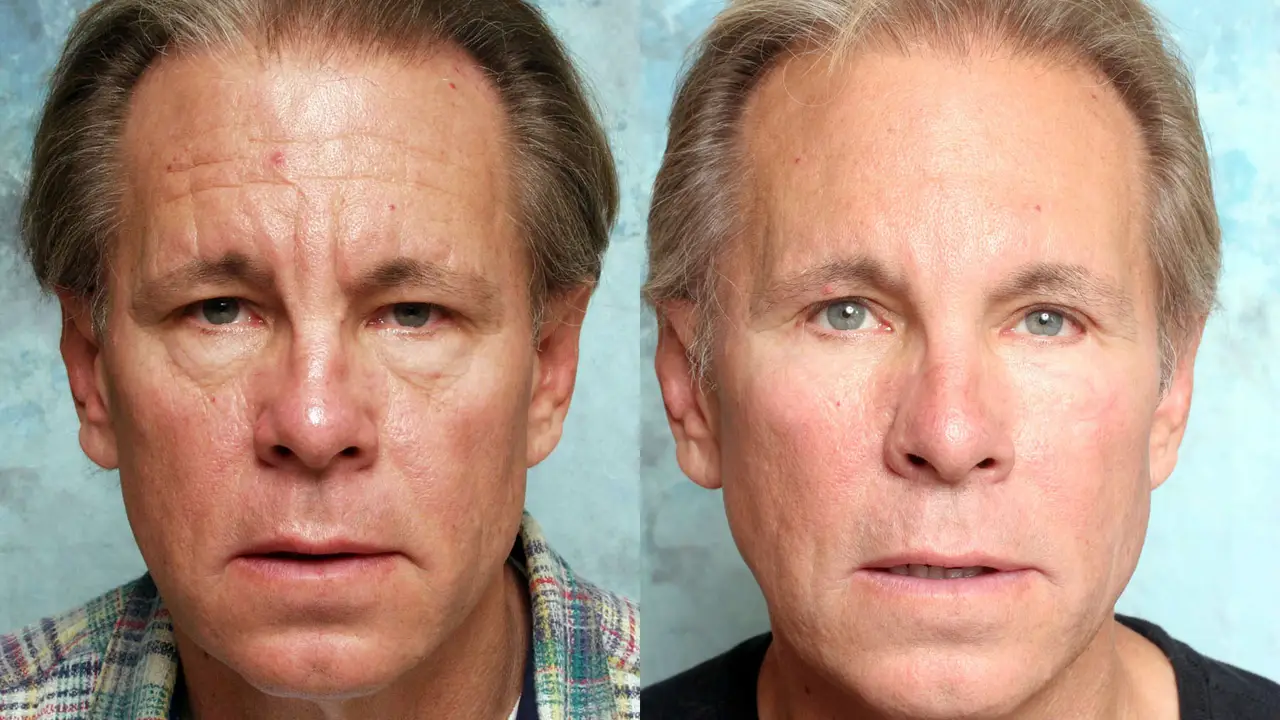Collagen and Elastin: The Building Blocks of Youthful Skin

Understanding the Aging Process A Comprehensive Overview
Aging is a complex biological process influenced by a multitude of factors, both intrinsic and extrinsic. It's not simply a linear decline, but rather a multifaceted journey characterized by gradual changes at the cellular, molecular, and systemic levels. Understanding these changes is crucial to developing effective strategies for mitigating the effects of aging and promoting rejuvenation.
One key aspect of aging involves the accumulation of cellular damage. This damage can arise from various sources, including oxidative stress, DNA mutations, and the buildup of misfolded proteins. Oxidative stress, caused by an imbalance between the production of free radicals and the body's ability to neutralize them, can damage cellular structures, including DNA, proteins, and lipids. DNA mutations, which can occur spontaneously or be induced by environmental factors, can disrupt cellular function and contribute to the development of age-related diseases. The accumulation of misfolded proteins can lead to cellular dysfunction and even cell death.
Another important factor in aging is the decline in cellular function. As we age, our cells become less efficient at performing their normal tasks. This can be due to a variety of factors, including decreased energy production, impaired protein synthesis, and reduced cellular communication. For example, the mitochondria, which are responsible for generating energy within cells, become less efficient with age, leading to a decline in overall energy levels. The ability of cells to synthesize proteins also declines with age, which can affect the production of essential enzymes and structural proteins. Furthermore, cellular communication, which is essential for coordinating cellular activity, becomes less efficient with age, leading to a breakdown in tissue function.
The shortening of telomeres, protective caps on the ends of chromosomes, is also a key feature of aging. Telomeres shorten with each cell division, and when they become critically short, the cell can no longer divide and enters a state of senescence. Senescent cells can release inflammatory molecules that contribute to age-related inflammation and tissue damage. Therefore, maintaining telomere length is considered a potential strategy for slowing down the aging process.
Finally, hormonal changes play a significant role in aging. As we age, the levels of certain hormones, such as growth hormone, testosterone, and estrogen, decline. These hormonal changes can have a wide range of effects on the body, including decreased muscle mass, increased body fat, and reduced bone density. Hormone replacement therapy is sometimes used to address these hormonal deficiencies, but it is important to weigh the potential benefits and risks.
The Role of Nutrition in Healthy Aging and Longevity
Nutrition plays a pivotal role in healthy aging and longevity. What we eat directly impacts our cellular health, inflammatory responses, and overall physiological function. A well-balanced diet rich in essential nutrients, antioxidants, and fiber can help mitigate the effects of aging and promote optimal health throughout life.
Antioxidants are crucial for combating oxidative stress, a major contributor to aging. Foods rich in antioxidants, such as berries, leafy greens, and colorful vegetables, help neutralize free radicals and protect cells from damage. Specific antioxidants like vitamin C, vitamin E, and selenium are particularly important for supporting cellular health and immune function.
Adequate protein intake is also essential for maintaining muscle mass and strength as we age. Sarcopenia, the age-related loss of muscle mass, can lead to decreased mobility, increased risk of falls, and reduced overall quality of life. Consuming sufficient protein, particularly from high-quality sources like lean meats, poultry, fish, eggs, and legumes, can help prevent sarcopenia and maintain physical function.
Fiber is another important component of a healthy aging diet. Fiber promotes digestive health, helps regulate blood sugar levels, and can reduce the risk of chronic diseases such as heart disease and type 2 diabetes. Good sources of fiber include fruits, vegetables, whole grains, and legumes.
Beyond specific nutrients, certain dietary patterns have been linked to increased longevity and reduced risk of age-related diseases. The Mediterranean diet, characterized by a high intake of fruits, vegetables, whole grains, olive oil, and fish, has been shown to have numerous health benefits, including reduced risk of heart disease, stroke, and Alzheimer's disease. The DASH (Dietary Approaches to Stop Hypertension) diet, which emphasizes fruits, vegetables, low-fat dairy, and whole grains, is effective for lowering blood pressure and reducing the risk of cardiovascular disease.
Hydration is also crucial for healthy aging. As we age, our sense of thirst may diminish, making it important to consciously drink enough water throughout the day. Dehydration can lead to fatigue, constipation, and impaired cognitive function. Aim for at least eight glasses of water per day, and increase your intake if you are physically active or live in a hot climate.
The Power of Exercise and Physical Activity for Rejuvenation
Exercise and physical activity are powerful tools for promoting rejuvenation and combating the effects of aging. Regular exercise can improve cardiovascular health, strengthen bones and muscles, enhance cognitive function, and boost mood. It's never too late to start exercising, and even small amounts of physical activity can have significant benefits.
Cardiovascular exercise, such as walking, running, swimming, and cycling, is essential for maintaining a healthy heart and lungs. It improves blood flow, lowers blood pressure, and reduces the risk of heart disease and stroke. Aim for at least 150 minutes of moderate-intensity cardiovascular exercise per week, or 75 minutes of vigorous-intensity exercise.
Strength training is also crucial for maintaining muscle mass and strength as we age. It helps prevent sarcopenia and improves bone density, reducing the risk of osteoporosis and fractures. Focus on exercises that work all major muscle groups, such as squats, lunges, push-ups, and rows. Aim for at least two strength training sessions per week.
Flexibility and balance exercises are important for maintaining mobility and preventing falls. Stretching exercises, such as yoga and Pilates, can improve flexibility and range of motion. Balance exercises, such as standing on one leg and walking heel-to-toe, can improve stability and reduce the risk of falls.
Beyond structured exercise, incorporating more physical activity into your daily routine can also have significant benefits. Take the stairs instead of the elevator, walk or bike to work, and engage in active hobbies such as gardening and dancing. Every little bit counts!
It's important to consult with a healthcare professional before starting a new exercise program, especially if you have any underlying health conditions. They can help you develop a safe and effective exercise plan that is tailored to your individual needs and abilities.
Targeted Anti-Aging Products and Their Applications
The anti-aging market is saturated with products promising to turn back the clock. While no product can truly reverse aging, certain ingredients and formulations have been shown to have beneficial effects on skin health, cognitive function, and overall well-being. It's crucial to approach these products with realistic expectations and to choose products that are backed by scientific evidence.
Skincare Products:
Retinoids, derivatives of vitamin A, are among the most well-researched and effective anti-aging ingredients for the skin. They stimulate collagen production, reduce wrinkles, and improve skin texture. Retinoids are available in various strengths, both over-the-counter and by prescription. It's important to start with a low concentration and gradually increase it as your skin tolerates it.
Product Recommendation: SkinCeuticals Retinol 0.3. This product contains a moderate concentration of retinol, making it suitable for beginners. It's formulated with soothing ingredients to minimize irritation. Use Case: Apply a pea-sized amount to clean, dry skin at night, 2-3 times per week. Gradually increase frequency as tolerated. Price: Approximately $76.
Vitamin C is a powerful antioxidant that protects the skin from free radical damage, brightens the complexion, and stimulates collagen production. It's often formulated as L-ascorbic acid, the most potent form of vitamin C. Look for products with a concentration of 10-20%.
Product Recommendation: Timeless Skin Care 20% Vitamin C + E Ferulic Acid Serum. This serum contains a high concentration of vitamin C, along with vitamin E and ferulic acid, which enhance its antioxidant effects. Use Case: Apply a few drops to clean, dry skin in the morning, before applying moisturizer and sunscreen. Price: Approximately $26.
Hyaluronic acid is a humectant that attracts and retains moisture in the skin, keeping it hydrated and plump. It can help reduce the appearance of fine lines and wrinkles. Hyaluronic acid is often found in serums, moisturizers, and masks.
Product Recommendation: The Ordinary Hyaluronic Acid 2% + B5. This serum contains a high concentration of hyaluronic acid and vitamin B5, which further enhances hydration. Use Case: Apply a few drops to clean, damp skin in the morning and evening, before applying moisturizer. Price: Approximately $7.
Peptides are short chains of amino acids that can stimulate collagen production and improve skin elasticity. They are often found in serums and moisturizers.
Product Recommendation: Olay Regenerist Micro-Sculpting Cream. This cream contains peptides, niacinamide, and hyaluronic acid to hydrate, plump, and firm the skin. Use Case: Apply to clean, dry skin in the morning and evening. Price: Approximately $25.
Product Comparison:
* Retinol vs. Vitamin C: Retinol is more effective for reducing wrinkles and improving skin texture, while vitamin C is better for brightening the complexion and protecting against free radical damage. They can be used together, but it's best to use vitamin C in the morning and retinol at night. * Hyaluronic Acid vs. Peptides: Hyaluronic acid is primarily a hydrating ingredient, while peptides stimulate collagen production. They can be used together to provide both hydration and anti-aging benefits.Supplements:
Collagen supplements are popular for improving skin elasticity, reducing wrinkles, and supporting joint health. Collagen is a protein that provides structure to the skin, bones, and connective tissues. As we age, collagen production declines, leading to wrinkles and joint pain.
Product Recommendation: Vital Proteins Collagen Peptides. This supplement contains hydrolyzed collagen peptides, which are easily absorbed by the body. Use Case: Add one scoop to your coffee, smoothie, or other beverage daily. Price: Approximately $27.
NMN (Nicotinamide Mononucleotide) is a precursor to NAD+, a coenzyme that is essential for cellular energy production and DNA repair. NAD+ levels decline with age, contributing to age-related diseases. NMN supplements are believed to boost NAD+ levels and promote healthy aging.
Product Recommendation: Liftmode NMN. Liftmode is a reputable brand that provides third-party testing for purity and potency. Use Case: Take one capsule daily with food. Price: Approximately $60.
Resveratrol is a polyphenol found in grapes, red wine, and other plants. It has antioxidant and anti-inflammatory properties and has been shown to have anti-aging effects in animal studies.
Product Recommendation: Thorne Research ResveraCel. This supplement combines resveratrol with other nutrients that support cellular health. Use Case: Take one capsule daily with food. Price: Approximately $50.
Important Considerations:
* Consult with a healthcare professional before starting any new supplement regimen. * Look for products that have been third-party tested for purity and potency. * Be aware of potential side effects and interactions with other medications. * Remember that supplements are not a substitute for a healthy diet and lifestyle.Stress Management Techniques for Longevity and Well-being
Chronic stress can accelerate the aging process and increase the risk of age-related diseases. Managing stress effectively is crucial for promoting longevity and overall well-being. There are many different stress management techniques that can be helpful, and it's important to find what works best for you.
Mindfulness meditation is a powerful tool for reducing stress and improving mental clarity. It involves focusing your attention on the present moment, without judgment. Regular mindfulness meditation can help you become more aware of your thoughts and feelings, and to respond to stress in a more mindful way.
Deep breathing exercises can also be helpful for reducing stress. When you breathe deeply, you activate the parasympathetic nervous system, which helps to calm the body and mind. There are many different deep breathing techniques, such as diaphragmatic breathing and box breathing.
Yoga is a mind-body practice that combines physical postures, breathing techniques, and meditation. It can help reduce stress, improve flexibility, and strengthen muscles.
Spending time in nature has been shown to have numerous health benefits, including reducing stress, lowering blood pressure, and boosting mood. Even a short walk in the park can make a difference.
Social connection is also important for stress management. Spending time with loved ones, joining a social group, or volunteering can help you feel more connected and supported.
Engaging in hobbies and activities that you enjoy can also help reduce stress. Whether it's painting, gardening, playing music, or reading, make time for activities that bring you joy.
Getting enough sleep is essential for stress management. When you are sleep-deprived, you are more likely to feel stressed and anxious. Aim for 7-8 hours of sleep per night.
The Future of Anti-Aging Research and Potential Breakthroughs
The field of anti-aging research is rapidly advancing, with new discoveries being made all the time. Scientists are exploring a variety of approaches to slow down the aging process and extend lifespan. Some of the most promising areas of research include:
Senolytics are drugs that selectively kill senescent cells, which are cells that have stopped dividing and can release inflammatory molecules that contribute to age-related diseases. Senolytics have shown promising results in animal studies, and are now being tested in human clinical trials.
Telomere lengthening therapies aim to reverse the shortening of telomeres, the protective caps on the ends of chromosomes. These therapies could potentially extend lifespan and improve cellular function.
Gene therapy involves modifying genes to correct genetic defects or to enhance cellular function. Gene therapy is being explored as a potential treatment for a variety of age-related diseases.
Stem cell therapy involves using stem cells to repair or replace damaged tissues and organs. Stem cell therapy has the potential to regenerate tissues that have been damaged by aging or disease.
Caloric restriction, reducing calorie intake without causing malnutrition, has been shown to extend lifespan in a variety of organisms. Scientists are exploring the mechanisms by which caloric restriction works, and are developing drugs that can mimic its effects.
The development of personalized medicine, tailoring treatments to an individual's genetic makeup and lifestyle, is also a promising area of anti-aging research. Personalized medicine could help to identify individuals who are at high risk for age-related diseases, and to develop targeted interventions to prevent or delay their onset.
While there is no guarantee that any of these approaches will be successful, the rapid pace of anti-aging research suggests that significant breakthroughs are possible in the coming years. The future of anti-aging research is bright, and we may be on the verge of a new era of health and longevity.
:max_bytes(150000):strip_icc()/277019-baked-pork-chops-with-cream-of-mushroom-soup-DDMFS-beauty-4x3-BG-7505-5762b731cf30447d9cbbbbbf387beafa.jpg)






